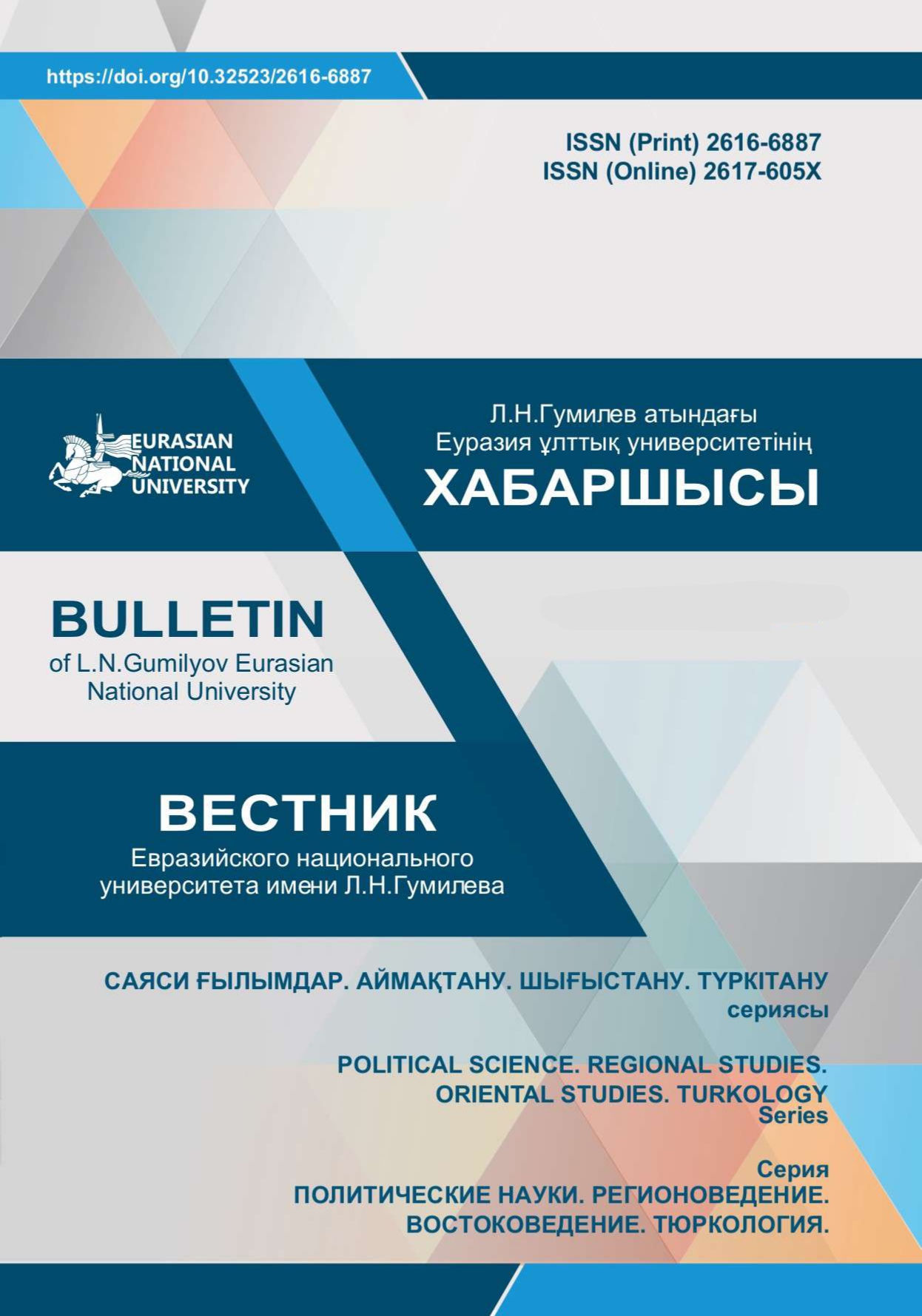The “Erasmus” Programme in the European and multipolar educational area
Views: 317 / PDF downloads: 290
Keywords:
“Erasmus” Program, education, academic mobility, internationalization of higher education, exchange program, multipolarityAbstract
This article delves into the role of the “Erasmus” Programme within the context of European and multipolar educational spaces. Recognized as a significant tool for international academic mobility, the “Erasmus” Programme serves as a catalyst for higher education cooperation between participating countries. The program has grown beyond its initial European scope, encompassing universities, youth organizations, and transnational corporations worldwide. The “Erasmus” is not only instrumental in fostering innovative approaches to education, encouraging knowledge exchange, and strengthening international partnerships, but also performs broader political functions. It contributes to socio-economic resources for European citizens, reinforces the EU's political stability, and promotes solidarity among the member states. The “Erasmus” Programme has become a unifying foundation for not only European countries but also a wide range of partner nations, making it an attractive model for regions worldwide and a successful instrument of the EU's foreign policy. The relevance of the “Erasmus” Program is enhanced from a practical point of view in the context of reforming the higher education system in Kazakhstan and closer integration with European educational models.
Downloads
Published
How to Cite
Issue
Section
License
Copyright (c) 2024 Bulletin of the L.N. Gumilyov Eurasian National University. Political Science. Regional Studies. Oriental Studies. Turkology Series.

This work is licensed under a Creative Commons Attribution-NonCommercial-NoDerivatives 4.0 International License.







